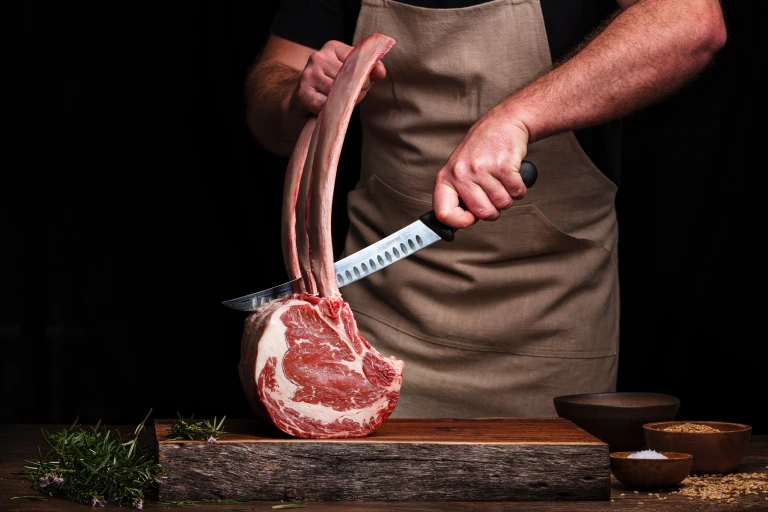How to start a traditional trade or craft business
HOME / / How to start a traditional trade or craft business
For many, the COVID-19 pandemic caused us to reevaluate and examine our work-life balance among other things. With more time to spend at home, people started taking up new hobbies, learning new skills, or picking up old ones. Some needed new ways to generate income, whilst some started side hustles to stay busy.
At the same time, people were choosing to avoid big supermarkets and large chains. There was a shift to supporting small businesses and shopping local. Consumer attitudes began to change, with more desire for spending in a way that supports individuals and communities over big corporates.
All of this has led to a rise in traditional trade and craft businesses. The artisanal goods market is booming with old-school skills like woodwork, pottery and knitting making a comeback and independent businesses like butcheries, bakeries and tailors doing the same. There’s popular demand right now for quality, sustainability and a personal touch. So, if you want to turn your homemade hobbies or old-fashioned skills into a business, here’s where to start.

Photo by Madie Hamilton on Unsplash
Find your niche
The first thing you need to do is work out what will make your business different. It’s obvious start up 101 stuff to make sure you’ll stand out from the crowd, but it arguably needs even more thought when it comes to traditional trades and old-school crafts. You might not be peddling an innovative new product or disruptive new service, but it’s still important to position your business in a way that makes it feel original and unique, for example through a strong brand like Shipyard Gin or a new angle like The Whiskey Chairman.
Make a plan
Ok, you’ve got a niche business idea - now it’s time to put it to the test. You’ll need to work out if your business has the potential to make a profit by doing your market research. We’re not just talking about setting up a market stall to display your ceramics or cable knits (though that could be part of it). We’re talking about focus groups, interviews, assessing your competition and really figuring out what your customers want. Then, you’ll need to put all of this and more into a business plan. Read our Start Up Guides for more advice and to find a handy template to get you started.
Set up shop
Now you’ve got a great business idea and a viable plan - exciting! Next comes more detail and decision-making around what your operations and finances will look like. Depending on your trade or craft, you might need to consider legislation like health and safety or food certificates (local councils can normally advise what licenses you’ll need). You will also need to consider small business insurance, which you can get from the likes of Superscript.
Show me the money
When it comes to money, you’ll need a business bank account - there are loads of providers, from high street banks to online business banks like Tide. You’ll also need to work out if you are going to be selling in person or online. If you need a retail or workspace, consider how you will take payments - there aren’t many cash-only businesses these days so you might need a Point of Sale provider so you can process card payments. If you’re going to be selling online, think about whether you will sell through third party websites (like Amazon or Etsy), or if you want to set up your own e-commerce website.
There’s a lot to think about when setting up any type of business, but it really is a great time to consider starting your own trade or craft business. Doing something you love, honing your craft, and delighting your customers (whether that’s online or local shoppers!) sounds good to us. And if you’re worried about how to finance your trade business in its early days, you can always speak to us about a Start Up Loan.
Main photo by Lewis Parsons on Unsplash

"We’re delighted to be the 2000th loan recipients!"
